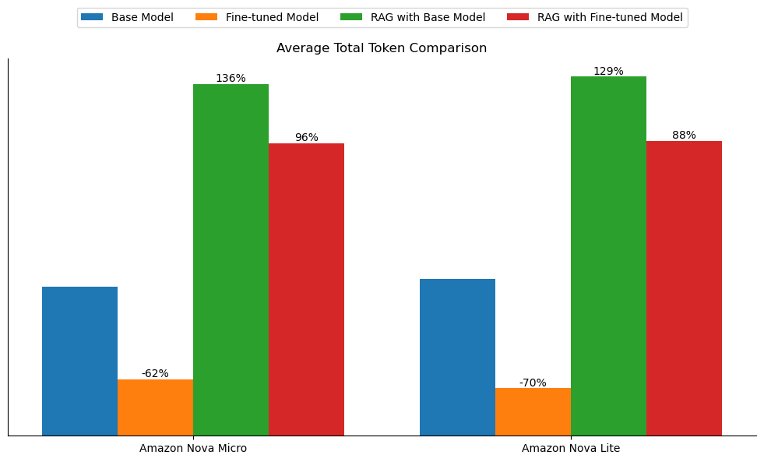Artificial Intelligence
Category: Learning Levels
Build an automated generative AI solution evaluation pipeline with Amazon Nova
In this post, we explore the importance of evaluating LLMs in the context of generative AI applications, highlighting the challenges posed by issues like hallucinations and biases. We introduced a comprehensive solution using AWS services to automate the evaluation process, allowing for continuous monitoring and assessment of LLM performance. By using tools like the FMeval Library, Ragas, LLMeter, and Step Functions, the solution provides flexibility and scalability, meeting the evolving needs of LLM consumers.
Build a FinOps agent using Amazon Bedrock with multi-agent capability and Amazon Nova as the foundation model
In this post, we use the multi-agent feature of Amazon Bedrock to demonstrate a powerful and innovative approach to AWS cost management. By using the advanced capabilities of Amazon Nova FMs, we’ve developed a solution that showcases how AI-driven agents can revolutionize the way organizations analyze, optimize, and manage their AWS costs.
The future of quality assurance: Shift-left testing with QyrusAI and Amazon Bedrock
In this post, we explore how QyrusAI and Amazon Bedrock are revolutionizing shift-left testing, enabling teams to deliver better software faster. Amazon Bedrock is a fully managed service that allows businesses to build and scale generative AI applications using foundation models (FMs) from leading AI providers. It enables seamless integration with AWS services, offering customization, security, and scalability without managing infrastructure.
Build multi-agent systems with LangGraph and Amazon Bedrock
This post demonstrates how to integrate open-source multi-agent framework, LangGraph, with Amazon Bedrock. It explains how to use LangGraph and Amazon Bedrock to build powerful, interactive multi-agent applications that use graph-based orchestration.
Racing beyond DeepRacer: Debut of the AWS LLM League
The AWS LLM League was designed to lower the barriers to entry in generative AI model customization by providing an experience where participants, regardless of their prior data science experience, could engage in fine-tuning LLMs. Using Amazon SageMaker JumpStart, attendees were guided through the process of customizing LLMs to address real business challenges adaptable to their domain.
Model customization, RAG, or both: A case study with Amazon Nova
The introduction of Amazon Nova models represent a significant advancement in the field of AI, offering new opportunities for large language model (LLM) optimization. In this post, we demonstrate how to effectively perform model customization and RAG with Amazon Nova models as a baseline. We conducted a comprehensive comparison study between model customization and RAG using the latest Amazon Nova models, and share these valuable insights.
Generate user-personalized communication with Amazon Personalize and Amazon Bedrock
In this post, we demonstrate how to use Amazon Personalize and Amazon Bedrock to generate personalized outreach emails for individual users using a video-on-demand use case. This concept can be applied to other domains, such as compelling customer experiences for ecommerce and digital marketing use cases.
Automating regulatory compliance: A multi-agent solution using Amazon Bedrock and CrewAI
In this post, we explore how AI agents can streamline compliance and fulfill regulatory requirements for financial institutions using Amazon Bedrock and CrewAI. We demonstrate how to build a multi-agent system that can automatically summarize new regulations, assess their impact on operations, and provide prescriptive technical guidance. You’ll learn how to use Amazon Bedrock Knowledge Bases and Amazon Bedrock Agents with CrewAI to create a comprehensive, automated compliance solution.
Implement human-in-the-loop confirmation with Amazon Bedrock Agents
In this post, we focus specifically on enabling end-users to approve actions and provide feedback using built-in Amazon Bedrock Agents features, specifically HITL patterns for providing safe and effective agent operations. We explore the patterns available using a Human Resources (HR) agent example that helps employees requesting time off.
Boost team productivity with Amazon Q Business Insights
In this post, we explore Amazon Q Business Insights capabilities and its importance for organizations. We begin with an overview of the available metrics and how they can be used for measuring user engagement and system effectiveness. Then we provide instructions for accessing and navigating this dashboard.









